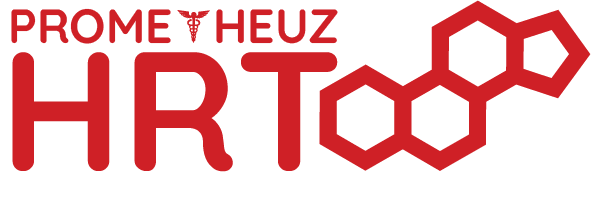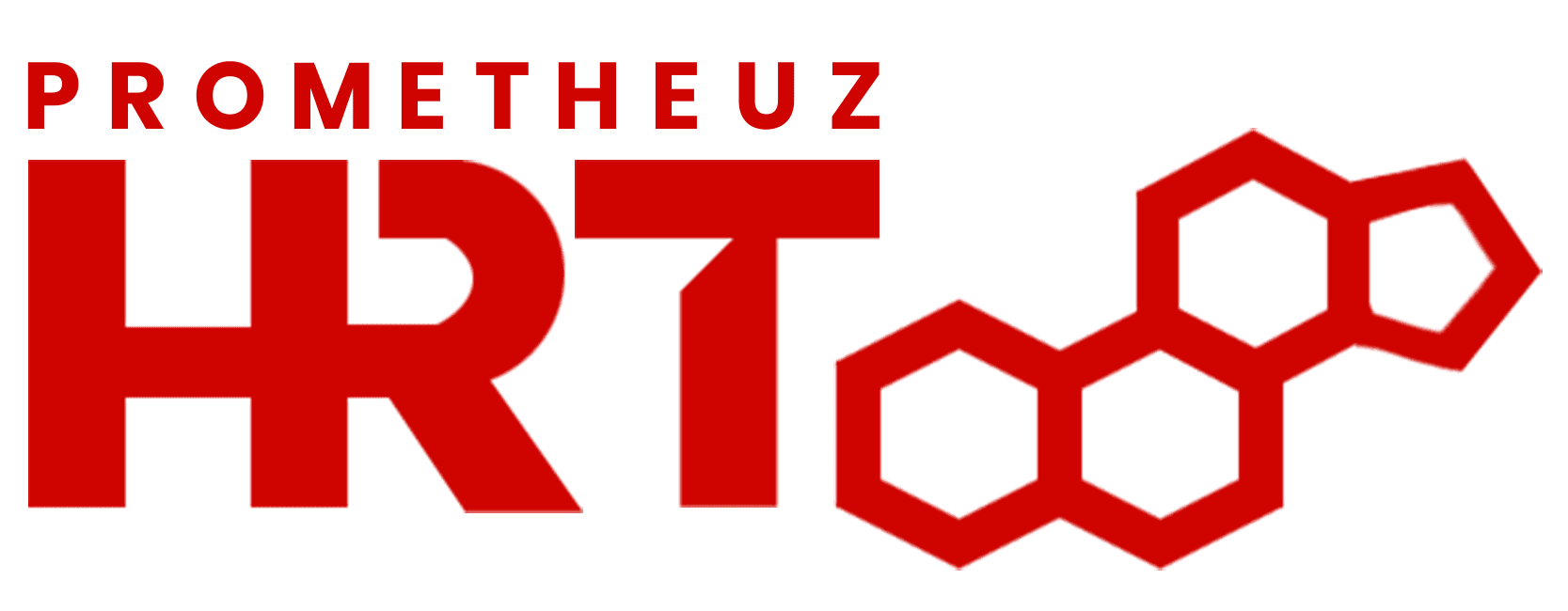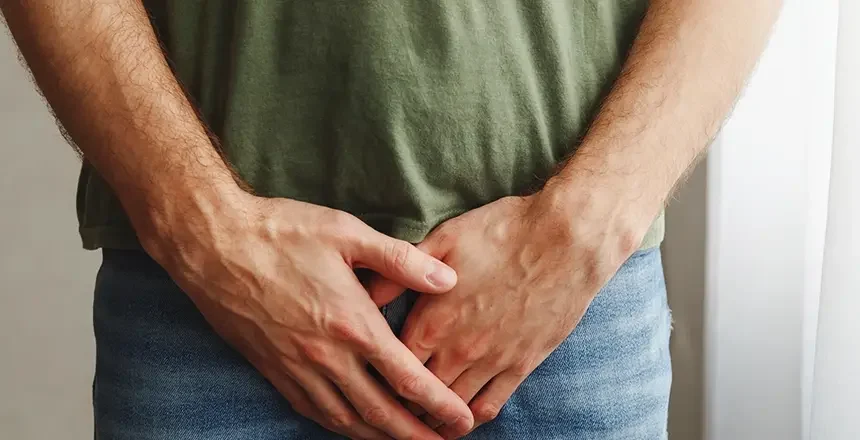Testicles, or testes, are two male reproductive organs responsible for producing sperm and testosterone. Testicular atrophy occurs when the testicles become smaller than their normal size. Within the landscape of men’s reproductive health, understanding testicular atrophy is essential for hormonal health and fertility.
This blog will explain the underlying causes, symptoms, diagnosis, and treatment for testicular atrophy.
Understanding Testicular Atrophy
Testicular atrophy is a medical condition in which testicles situated inside the scrotum shrink or reduce in size. It can happen in one testicle (unilateral testicular atrophy) or both testicles (bilateral testicular atrophy).
This condition should, however, not be confused with temporary shrinkage of the scrotum, which occurs in response to heat and cold.
Testicles produce sperm and testosterone (male sex hormone). Therefore, the signs and symptoms of testicular atrophy are often similar to infertility or hypogonadism.
What are the Causes of Testicular Atrophy?
There are several reasons why testicular atrophy occurs in men. Some of the causes are discussed below.
Diseases and infections
Several diseases and infections can lead to testicular atrophy, typically through inflammation and tissue damage. Conditions like Orchitis, Epididymitis, HIV/AIDS, COVID-19, or Syphilis may increase the risk of testicular atrophy.
Orchitis
Inflammation of the testicles is termed Orchitis. This inflammation is accompanied by pain and swelling and leads to testicular atrophy in men.
- Viral Orchitis: Often caused by a mumps virus, it commonly affects males who have reached puberty.
- Bacterial Orchitis: The most common causes of bacterial orchitis in sexually active men are gonorrhea and chlamydia.
Testicular torsion
Testicular torsion is an inflammation caused when testicles rotate and twist the spermatic cord, which connects the testes to the rest of the reproductive system. Torsion is common in boys and young men. If not surgically intervened, torsion results in testicular atrophy.
Varicocele
Varicocele refers to the enlargement, elongation, and twisting of testicular veins surrounding the testicles. Unmarried men and middle-aged people can commonly acquire this condition unilaterally or bilaterally. If a varicocele is left untreated, it gradually decreases the size of the testicles, causing testicular atrophy.
Excessive alcohol use
People who excessively consume alcohol are at greater risk of developing testicular atrophy. Alcohol can cause low testosterone levels as well as damage the testicular tissue.
Old age
As men age, testicular size gradually decreases as the body produces less testosterone and sperm. Testicular atrophy due to aging occurs bilaterally, which means both testicles will shrink over time.
Hormonal imbalance
Hormonal imbalances in males can often cause testicular atrophy. Some potential causes of hormonal imbalance include:
- Estrogen therapy
- Testosterone replacement therapy (TRT)
- Anabolic Steroids
- Certain medications
Physical trauma or injury
Sports injuries, accidents, or other physical trauma may damage the tissues of the testicles, leading to atrophic testicles.
Surgical Errors
If the vessels of the testis are damaged, such as during hernia or varicocele surgery, testicles may atrophy. Surgeons need to take special precautions while performing such surgeries.
What are the Signs and Symptoms of Testicular Atrophy by Age Group
The signs and symptoms of testicular atrophy may vary depending on age. Symptoms before puberty are related to male secondary sexual characteristics, while testicular atrophy occurring after puberty may include a broader range of factors.
Symptoms of atrophic testicles before puberty
If testes are atrophic before a male reaches puberty, the following symptoms might be seen;
- Insufficient beard growth
- Lack of pubic hair
- Low testosterone levels
- Inadequate growth of the penis
Symptoms of atrophic testicles after puberty
Signs and symptoms of testicular atrophy after puberty may include;
- Infertility
- Reduced libido and sexual drive
- Reduced muscle mass
- Reduction of facial and pubic hair
- Soft or tender consistency of testicles
If you notice any symptoms of testicular atrophy, you should immediately see your doctor and get a consultation.
How is Testicular Atrophy Diagnosed?
A systematic approach is needed to diagnose testicular atrophy for timely treatment and intervention.
The andrologist/urologist will start diagnosing by asking questions about past illnesses, injuries, surgeries, or current medications.
Next, the andrologist physically examines the testes by checking the following physical parameters associated with atrophic testes:
The doctor will also prescribe additional tests to determine the underlying causes of testicular atrophy. The following tests may be conducted:
- hormone levels test (to check the normal functioning of testicles)
- blood and urine tests (to detect any underlying infection)
- An ultrasound test (to assess the volume and size of testicles)
Are you looking to schedule an online test? Book an appointment today!
What is the Treatment of Testicular Atrophy?
Treatment of testicular atrophy depends on the underlying cause. Here, we enlist some of the possible treatment approaches:
- Antibiotics for infections: If the patient has Orchitis or some other infection, antibiotics may be needed to address the causative agent.
- Surgical treatment: Varicocele and testicular torsion are medical emergencies that require immediate surgery to prevent testicular atrophy.
- Lifestyle modifications: Quitting or limiting alcohol is the best way to prevent the development of testicular atrophy in such patients.
- Cessation of drugs: Since the intake of testosterone supplements and anabolic steroids may develop testicular atrophy, the use of such medications should be discontinued.
- Hormonal Replacement Therapy: If testosterone levels are permanently low due to testicular atrophy, testosterone replacement therapy (TRT) might be beneficial for such patients.
What are the risks of testicular atrophy?
- Infertility: If both testes become atrophic, the sexual functions may get potentially disturbed and cause infertility in men.
- Erection problems: Erectile dysfunction, ED, or impotence may occur due to a deficiency of testosterone.
- Testicular cancer: Patients with testicular atrophy need to be closely monitored as they are at greater risk of developing testicular cancer.
- Psychological impact: Testicular atrophy may have a negative psychological effect on men, lowering their self-confidence.
Why Visit Prometheuz HRT for Testicular Atrophy?
Prometheuz HRT is a leading provider of hormonal and testosterone replacement therapies. From diagnosis and personalized treatment planning to regular follow-ups and monitoring, we have a highly efficient healthcare team to treat testicular atrophy. We prioritize patient privacy and ensure that all services are confidential.
Take the first step towards better health – Book your consultation today! For more information, contact us at info@prometheuzhrt.com.
Frequently Asked Questions
Can testicular atrophy be reversed?
Yes, treatments can reverse testicular atrophy depending on underlying causes and severity.
Is testicular atrophy linked to Testicular Cancer?
Yes, prolonged testicular atrophy may lead to some potentially serious conditions, including testicular cancer. It is important to note here that testicular cancer typically affects younger men; however, it is highly treatable.
Does testicular atrophy cause erectile dysfunction?
Yes, the present research suggests that testicular atrophy may cause erectile dysfunction due to testosterone deficiency.
Can people with atrophic testicles have children?
According to fertility experts in the field, as long as testicular atrophy is unilateral and the other testicle is normal in size and functioning, people can have children.
Do natural treatments work for Testicular Atrophy?
No, there is currently no clinical evidence that supports the effectiveness of natural remedies for testicular atrophy.
In Summary
Testicular atrophy is a medical condition in males that affects the size and function of testicles, impacting hormone function and fertility. Several reasons contribute to testicular shrinkage, and depending on age, the signs and symptoms may be evaluated for timely diagnosis. Early intervention and treatment are essential for successfully reversing testicular atrophy, regardless of the underlying cause.


